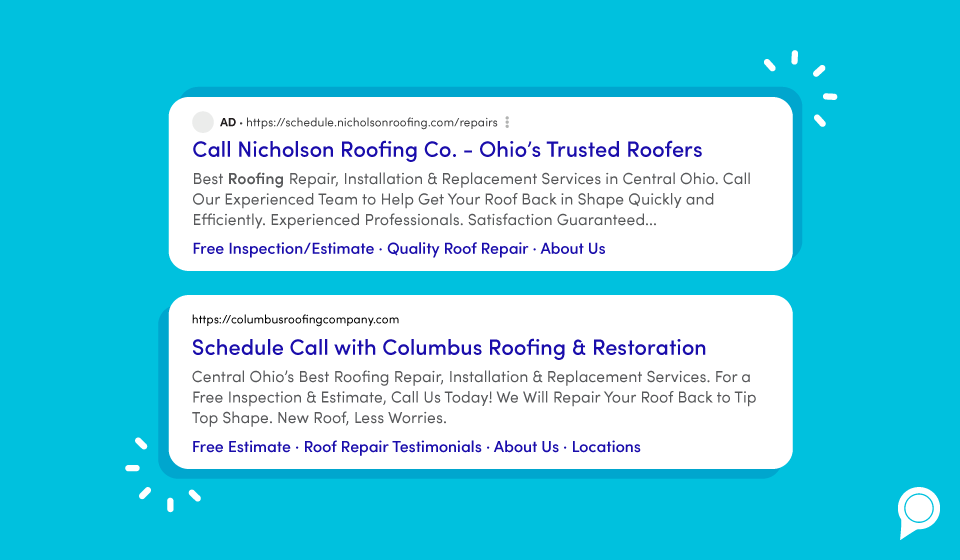

In this digital age, consumers depend primarily on search engines to find answers to whichever questions they have. Those searches may feature a company, product, service, or industry.
Whether or not your company's website appears on the search engine results page depends on how well you have positioned yourself. You can do this by paying to rank, or by optimizing your website to rank organically.
If you are unsure how these tactics work, this blog explains organic vs. paid searches to help you make sound decisions.
Organic search is the process of ranking your website on a search engine result page (SERP) without paying to be seen. In this case, you have to optimize your website to make it attractive to search engines so it can be ranked on top.
Search engines use algorithms to determine the relevance of your website's content.
As the name suggests, you pay to rank your website on a SERP. Ideally, you advertise on a search engine, and the advertisement appears on the SERP whenever a consumer searches for related keywords.
If you have searched for a product or service before, and an ad pops up above or below the organic results—that is paid search.
In paid searches, search engines don't apply algorithms, so your advertisement will be seen whenever someone enters the keyword you have bid on. That's the main way search engines make profits, so expect to pay a fee for every click it receives.
The primary difference between paid and organic searches is that with paid, you spend money for each click, while with organic, you don't pay for a click. Here are some more differences to note:
Organic search requires you to work on your site to exceed competitors’ websites. You must pay attention to keyword use, content quality, links, and meta descriptions. Therefore, your website won't rank immediately - it will take time for the search engine to crawl through your content and rank you.
On the other hand, paid searches allow you to skip the line. You pay to be at the top, so you will appear as soon as your ad is approved. And since browsers mostly click on the first few results, you can quickly generate leads.
Data analysis gives insight into how consumers are engaging with your website. With organic searches, you have access to data related to keyword use, bounce rate, and content performance.
For paid search, the analysis is more detailed. You can track which keyword prompts the most clicks and where your leads are coming from.
Organic searches make your website appear credible. The fact that your website ranks at the top of the SERPs without paying creates the impression that you are an expert in your niche.
Conversely, some people perceive advertised sites as untrustworthy and only after their money. However, this perception isn't always accurate - so long as you provide quality products and services, then paid search can work for your business.
Organic searches provide more sustainable and long-term results. Once you are at the top of the SERPs, the chances of staying there for a considerable amount of time are high.
On the contrary, a paid search will only work if you keep paying for it - stop paying, and your website disappears from view.
Now that you understand how organic and paid searches work, you can decide which works best for your business. And while there is no one-size-fits-all approach, you can choose the one that caters to your needs and budget.
Whichever you choose, you can trust RevLocal for all your digital marketing needs. We have the skills and expertise to help you dominate your niche and maximize the return on investment. Contact us for a free consultation.
Subscribe to our email list to get the latest digital marketing content delivered to your inbox each week!